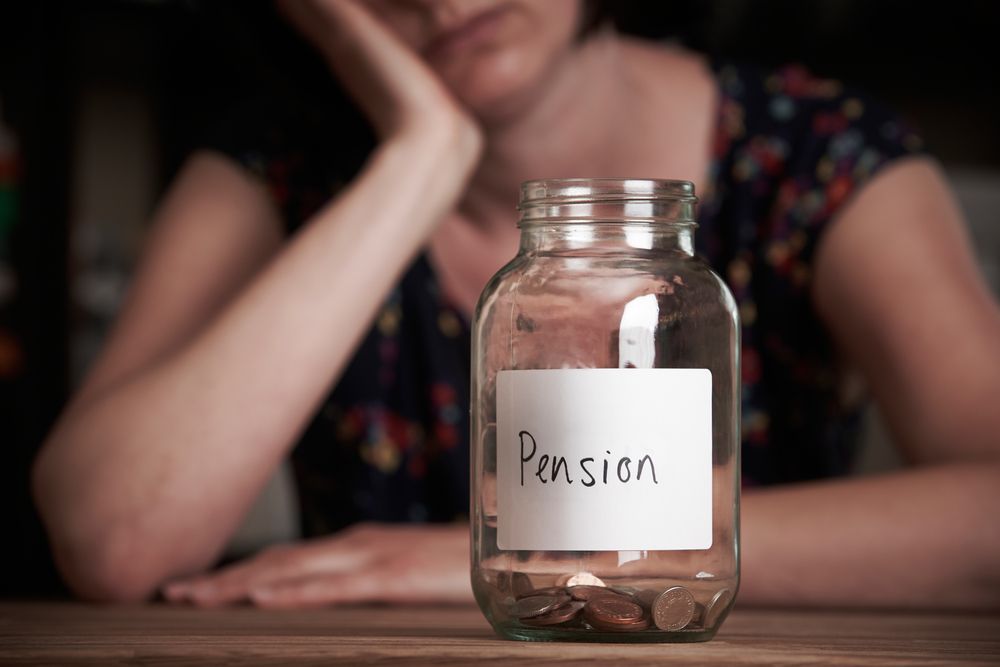News
Men receive an extra £29,000 in state pension income

The average man receives a state pension of £153.85 a week while women receive an average £125.98 – a difference of £28 a week.
Over the course of a typical 20-year retirement, this amounts to men gaining an extra £29,000 in state pension, according to Which? analysis of Department for Work and Pensions (DWP) data.
However, it did say that the state pension gender pay gap has improved slightly. In August 2017, the average payment received by women represented 81.9% of that received by men, up from 79.7% in August 2015 and 77.7% in August 2013.
Around 12.9 million people are in receipt of the state pension with the majority (8.4 million) receiving the basic and additional pension based on their own National Insurance Contributions.
Under this system, the average pay out is £137.81 a week while for the new state pension (from April 2016), the average pay out is £150.35.
This works out at a difference of £12.54 every week and adds up to £13,041 over a 20-year retirement.
But splitting the average for men and women (analysis based on 546,000 new state pensioners) men receive £153.86 while for women, the figure’s much lower at £125.98 a week.
It added that in many cases, women will have lower pensions because they may have taken a break from their career to have children, while others may have inherited pensions from a deceased spouse.
Within this group are survivors with no entitlement from their own NI contributions – getting £145.12 a week on average.
A further group are able to top-up their own pensions using their deceased spouse’s NI contributions – receiving £174.10 a week. These two categories include 99.7% and 84% women, respectively – amounting to 2.4 million people overall.
The final groups include people with either no entitlement themselves, receiving an average of £62.97 a week, or who have a top-up on their own pension, getting £76.88 a week, both based on a living spouse’s National Insurance record. These groups include 1.4 million retirees and are again almost exclusively women.
The DWP said the new state pension is further reducing the gender gap. A spokesperson, added:
“Since April 2010, women’s state pension age has been gradually increasing to bring it into line with men’s.
“Around 650,000 women reaching state pension age in the first 10 years will receive an average of £8 per week more (in 2015/16 earnings terms), due to the new state pension valuation of their National Insurance record.”
Steve Webb, director of policy at Royal London, said: “Although these figures show a continuing gap between men and women in terms of state pension outcomes, this is largely because men who have built up larger entitlements under the old rules are having them honoured in the transition to the new system.
“But there should be no doubt that the new state pension system has already reduced inequalities and will progressively bring male and female outcomes into line. Under the new rules someone earning £7,000 per year builds up the same state pension as someone earning £70,000, and someone at home bringing up a young child builds up as much state pension as someone running a FTSE 100 company. Reversing decades of inequality takes time, but the new system marks a major step forward.”